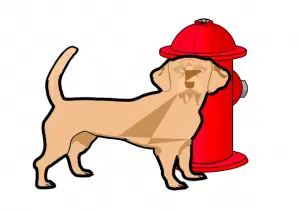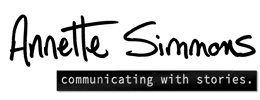
Ten Games People Play to Control Truth (1)
People seem to be applying the same ten games from Territorial Games (1997) to control narratives and thus control our perceptions of what is/isn’t true. For the next ten weeks I’ll post about each of these ten games one at a time. But first let me give a bit of background on the research. It all started

